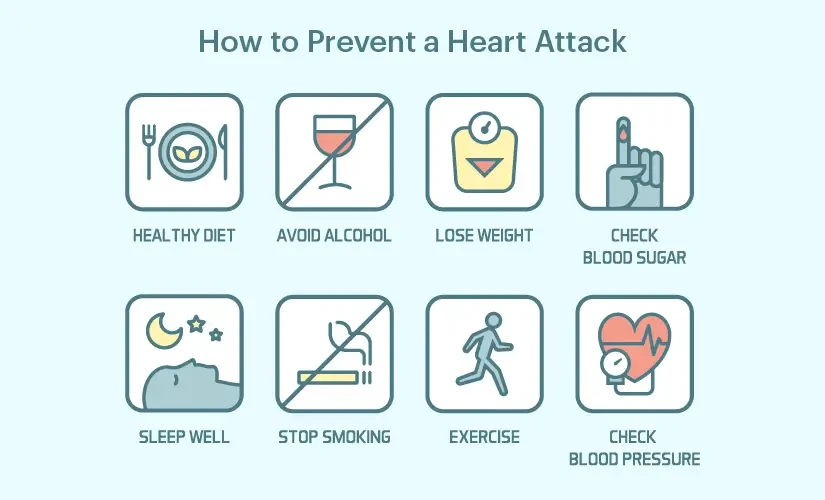In today’s fast-paced world, heart disease is becoming increasingly common. With the rise of sedentary lifestyles and unhealthy eating habits, it is more important than ever to take proactive steps to prevent heart disease. By understanding the risk factors and implementing healthy lifestyle choices, you can significantly reduce your chances of developing heart disease. Here’s what you need to know:
Understanding the Risk Factors
There are several risk factors that can contribute to the development of heart disease. These include:
High blood pressure
High cholesterol
Diabetes
Obesity
Smoking
Sedentary lifestyle
While some risk factors, such as age and family history, cannot be changed, there are many lifestyle factors that you can control to reduce your risk of heart disease.
Implementing Healthy Lifestyle Choices
One of the most important steps you can take to prevent heart disease is to maintain a healthy diet. This includes eating plenty of fruits, vegetables, whole grains, and lean protein, while limiting your intake of unhealthy fats and sugars. Avoiding processed foods and opting for home-cooked meals can also help you maintain a healthy diet.
Regular exercise is another key component of heart disease prevention. Aim for at least 30 minutes of moderate-intensity exercise most days of the week to keep your heart healthy and strong. Activities such as walking, jogging, swimming, and cycling are all great options for improving cardiovascular health.
Quitting smoking is also essential for preventing heart disease. Smoking can damage your heart and blood vessels, increasing your risk of heart attack and stroke. If you need help quitting, speak to your doctor about resources and support available to you.
Regular Health Screenings
Regular health screenings are important for monitoring your heart health and detecting any potential issues early on. Make sure to see your healthcare provider regularly for check-ups and screenings, such as blood pressure, cholesterol, and blood sugar tests. Early detection and treatment can help prevent serious complications from heart disease.
Conclusion
Heart disease is a serious health condition that can have devastating consequences if left untreated. By understanding the risk factors and implementing healthy lifestyle choices, you can significantly reduce your risk of developing heart disease. Remember to eat a healthy diet, exercise regularly, quit smoking, and attend regular health screenings to keep your heart healthy and strong.
This article provides valuable information on heart disease prevention, including an overview of the risk factors, tips on healthy lifestyle choices, and the importance of regular health screenings. By following these recommendations, you can take proactive steps towards ensuring a healthy heart and a longer, more fulfilling life.
